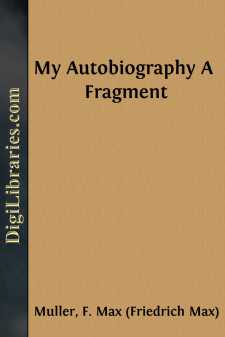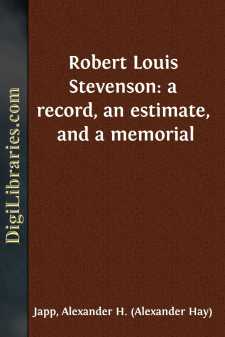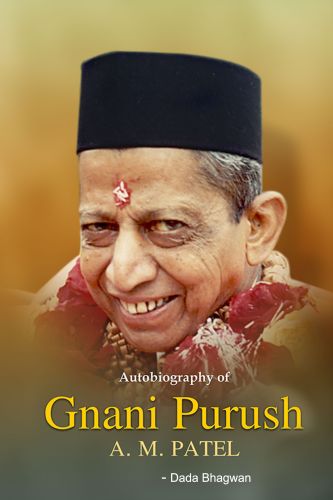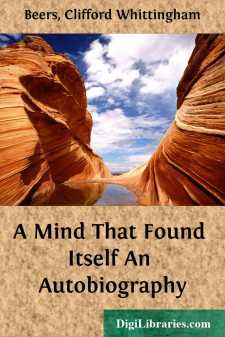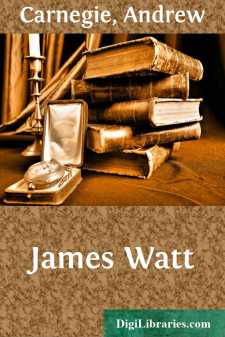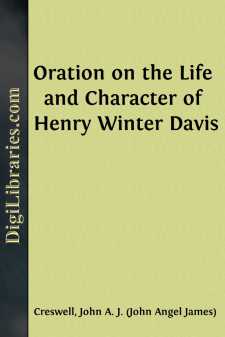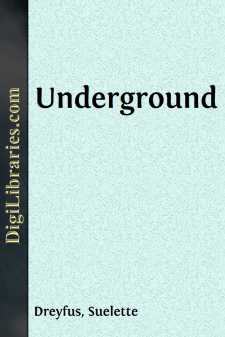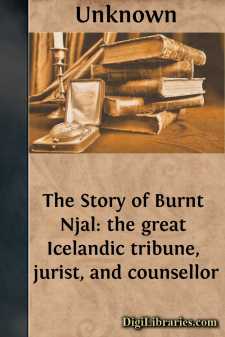Biography & Autobiography
- Adventurers & Explorers 15
- Artists, Architects, Photographers 16
- Business 2
- Composers & Musicians 14
- Criminals & Outlaws 5
- Editors, Journalists, Publishers 6
- Educators 1
- Entertainment & Performing Arts 3
- General
- Health, Exercise & Fitness 1
- Historians 3
- Historical 83
- Law Enforcement 1
- Lawyers & Judges 3
- Literary 147
- Medical 7
- Military 48
- Naturalists, Gardeners, Environmentalists 8
- Personal Memoirs & Diaries 227
- Philosophers 3
- Political 9
- Presidents & Heads of State 38
- Religious 38
- Rich & Famous 27
- Scientists 13
- Women 31
General Books
Sort by:
PREFACE For some years past my father had, in the intervals of more serious work, occupied his leisure moments in jotting down reminiscences of his early life. In 1898 and 1899 he issued the two volumes of Auld Lang Syne, which contained recollections of his friends, but very little about his own life and career. In the Introductory Chapter to the Autobiography he explains fully the reasons which led...
more...
CHAPTER I—INTRODUCTION AND FIRST IMPRESSIONS My little effort to make Thoreau better known in England had one result that I am pleased to think of. It brought me into personal association with R. L. Stevenson, who had written and published in The Cornhill Magazine an essay on Thoreau, in whom he had for some time taken an interest. He found in Thoreau not only a rare character for originality,...
more...
The summons to the Indian work—The decision—The valedictory services—Dr Punshon—The departure—Leaving Hamilton—St. Catherine’s—Milwaukee custom-house delays—Mississippi—St. Paul’s—On the prairies—Frontier settlers—Narrow escape from shooting one of our school teachers—Sioux Indians and their wars—Saved by our flag—Varied experiences. Several letters were handed into my...
more...
by:
DadaBhagwan
In the arena of spirituality, there are unique and remarkable spiritual people who have achieved the highest levels of spiritual development. Some remain in seclusion, while others become spiritual teachers who support the spiritual transformation of humanity. But to meet a Gnani Purush (embodiment of Self knowledge), and to access their spiritual power to achieve spiritual enlightenment, is extremely...
more...
I This story is derived from as human a document as ever existed; and, because of its uncommon nature, perhaps no one thing contributes so much to its value as its authenticity. It is an autobiography, and more: in part it is a biography; for, in telling the story of my life, I must relate the history of another self—a self which was dominant from my twenty-fourth to my twenty-sixth year. During that...
more...
EDITOR'S PREFACE If the volume now presented to the public were a mere work of ART, the history of its misfortune might be written in two very simple words—TOO LATE. The nature and character of slavery have been subjects of an almost endless variety of artistic representation; and after the brilliant achievements in that field, and while those achievements are yet fresh in the memory of the...
more...
by:
Andrew Carnegie
CHAPTER I Childhood and Youth James Watt, born in Greenock, January 19, 1736, had the advantage, so highly prized in Scotland, of being of good kith and kin. He had indeed come from a good nest. His great-grandfather, a stern Covenanter, was killed at Bridge of Dee, September 12, 1644, in one of the battles which Graham of Claverhouse fought against the Scotch. He was a farmer in Aberdeenshire, and...
more...
ORATION OF HON. JOHN A. J. CRESWELL. My Countrymen: On the 22d day of February, 1732, God gave to the world the highest type of humanity, in the person of George Washington. Combining within himself the better qualities of the soldier, sage, statesman, and patriot, alike brave, wise, discreet, and incorruptible, the common consent of mankind has awarded him the incomparable title of Father of his...
more...
by:
Suelette Dreyfus
Of course, it wasn't the first time The Parmaster craved a juicy piece of information. Both he and Force knew all about infatuation. That's how it worked with real hackers. They didn't just fancy a titbit here and there. Once they knew information about a particular system was available, that there was a hidden entrance, they chased it down relentlessly. So that was exactly what Par was...
more...
by:
Unknown
THE STORY OF BURNT NJAL 1. OF FIDDLE MORD There was a man named Mord whose surname was Fiddle; he was the son of Sigvat the Red, and he dwelt at the "Vale" in the Rangrivervales. He was a mighty chief, and a great taker up of suits, and so great a lawyer that no judgments were thought lawful unless he had a hand in them. He had an only daughter, named Unna. She was a fair, courteous, and gifted...
more...


